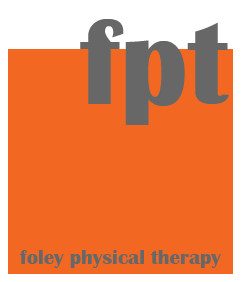|
The following is my trial use of the artificial intelligence tool from Google called Bard. No doubt you too are getting many plugs in your inbox for this and Bing's tool as well as other such as Chat GPT this year. They are content generators for conversation, email, assignments (such as homework) and I was curious how they perform and what value it might have for me. I started with a rough draft of this blog post about goal setting and compared it to the results from Bard on "how to set goals". The Bard generated results are in black below followed by my editing, add ins and clarifications noted in orange and the commentary I planned.
Here are some tips on how to set goals:
In summary goal setting is about achieving something for work, pleasure, personal development or as the Stoics would say "for the opportunity to grow and improve". Iron sharpens iron, right? The Stoics go further with Seneca saying "we treat the body rigorously so it will not be disobedient to the mind" meaning that discipline of doing physically challenging things strengthens us philosophically as well as physiologically. (The Daily Stoic blog: "Difficult things are good for you") MY REVIEW of BARD: Much of this summary repeats themes and contains filler. This is a simple search with a non complex or detailed AI generated solution. The 4th of my points about goals setting was not included in the BARD summary so be prepared for your knowledge at times to be deeper than what is sourced, as well as vice versa obviously. Overall, my experiment with AI reaffirms that you should have your own understanding of your point of view or the assignment at hand; some idea about what that content might include; a willingness to be surprised by new concepts (but the ability to properly fact check) and expect repetition since the information is sourced from collectives of information. Newer questions and concepts may not have much information, and validity of data must be assessed. I don't think this is a good tool for novices because they may not have the aptitude to recognize inaccurate information. It was a time saver for my simple topic. Overall this piece took almost 45 minutes less to format, edit, design and post. That likely would be much longer if the topic was complex due to more detailed fact checking. But for simple themes this is a tempting assistant for me trying to keep up with content to post. Again a knock on AI is that less sophisticated minds may not know what, how, or that they should fact check the results. While advanced AI tools may improve accuracy with better algorithm remember this tool is designed to "present a human like text response" to a prompt - it is not designed to pull sources like a search engine. |
Author:
|
Proudly powered by Weebly

 RSS Feed
RSS Feed